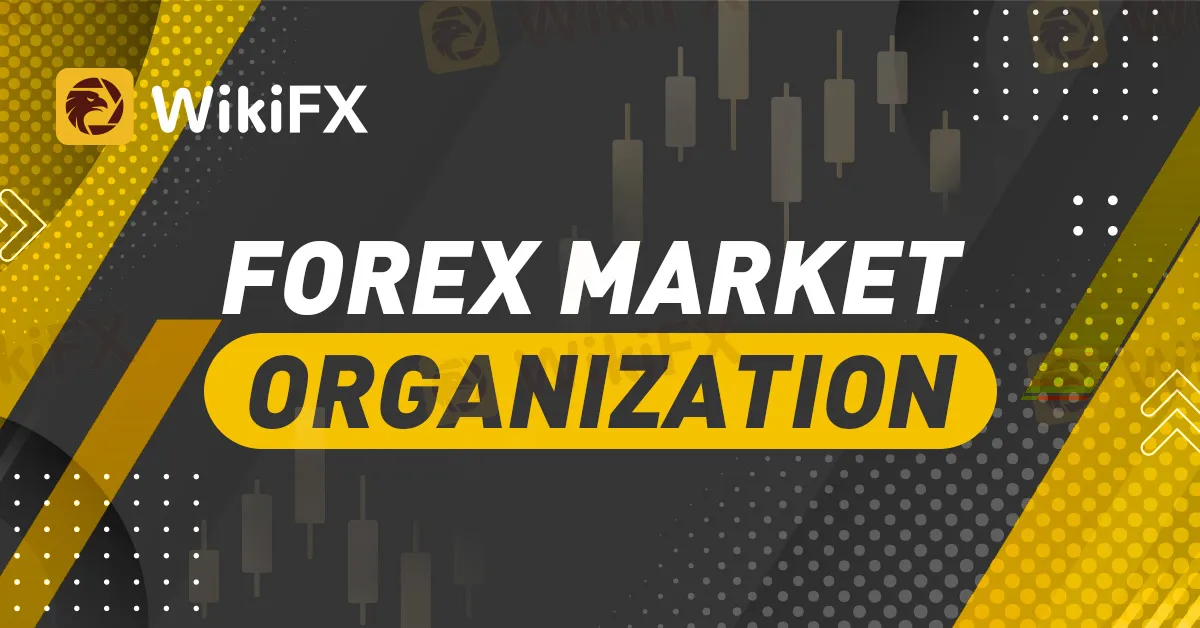简体中文
繁體中文
English
Pусский
日本語
ภาษาไทย
Tiếng Việt
Bahasa Indonesia
Español
हिन्दी
Filippiiniläinen
Français
Deutsch
Português
Türkçe
한국어
العربية
FOREX MARKET ORGANIZATION
Abstract:The Forex market is incredibly close to being a textbook example of the perfect market that humanity has ever created. Any place where buyers and sellers exchange goods and services is referred to as a market. Perfect competition can be achieved when there are many buyers and sellers, and they are all aware of who is providing the best pricing.

The Forex market is incredibly close to being a textbook example of the perfect market that humanity has ever created. Any place where buyers and sellers exchange goods and services is referred to as a market. Perfect competition can be achieved when there are many buyers and sellers, and they are all aware of who is providing the best pricing. Take into account having the ability to purchase the pizza of your choice at the greatest price and have it delivered in a matter of seconds. The forex trading market is capable of achieving that, despite the fact that all it does is facilitate currency exchange.
Centralized Market
When there is only one seller, whether it be a bank or a pizzeria, they can set the price as they see fit and even manipulate it whenever they want. The markets in question are centralized. A centralized market is obviously bad for you unless you are in charge of making decisions. The good news is that the FX market is now decentralized, so let's take a closer look at this vibrant market's structure.
Participating Forex Traders - Decentralized Market Structure
With the development of technology, the structure of the Forex market changed, making it even more effective today. Since the Spot Forex market is decentralized, no one entity or central authority is in charge of it. The price you see when trading is the retail price, which is determined by matching your request to buy or sell with the best price provided in the liquidity pool, despite the fact that quotes from various currency dealers fluctuate.
The Interbank Market
Banks are looking for somebody who can handle the massive amounts of foreign exchange that they must deal with. Naturally, that's where other banks step in. This makes up the interbank market layer of the currency market structure, which is at the top of the ladder. Players in this stratum can communicate with one another verbally or electronically using brokers like Reuters Matching and EBS (Electronic Brokering Services). These brokers fiercely compete with one another in order to offer the greatest prices, which are only feasible when you are connected to a higher number of potential clients. Rates improve as there is more liquidity created by more parties. As a result, some brokers provide more liquid currency pairs than others.
Market Institutional
The hedge funds, retail market maker brokers, ECN brokers, and other financial institutions that can't establish credit agreements with the major banks must deal with commercial banks are on the next rung of the ladder, below the interbank market. Between the interbank market and retail traders, this creates the bridge in the forex market system. The prices offered here are slightly higher and more expensive than the interbank rates, but they are still better than those for retail dealers.
Consumer Market
The lowest bottom of the hierarchy are the retail dealers. Retail traders are now able to trade currency pairs with ease thanks to electronic trading, retail brokers, and the internet, which formerly prevented them from doing so. Large reputable brokers may offer spreads and circumstances that give the impression that retail traders are on level with the major banks in the competition for clients made possible by technology, even though they are not always receiving the best pricing when compared to the interbank markets. AvaTrade spreads, in contrast, could be as little as 0.01%.

Disclaimer:
The views in this article only represent the author's personal views, and do not constitute investment advice on this platform. This platform does not guarantee the accuracy, completeness and timeliness of the information in the article, and will not be liable for any loss caused by the use of or reliance on the information in the article.
Read more

Top Benefits of Forex Cards
Forex cards enable you to make seamless transactions in foreign currencies when travelling abroad. Check out this guide to learn the benefits of forex cards in detail.

Mule Accounts: The Secret Weapon Fake Forex Brokers Use to Dupe Investors
Explore this story where we have highlighted how fake forex brokers use mule accounts to dupe investors.

Fraud Brokers List for July 2025- EXPOSED
Attention investors and traders! If you want to invest in the forex market, be careful not to choose these scam brokers. This warning list is issued by the Financial Conduct Authority.

Know the Major Risks of UbitMarkets, Before You Invest!
Scam brokers involved in the forex market who act genuine in the beginning but turn out to be frauds in the end. Choosing UbitMarkets could lead you to serious losses. Check out this article to know why we’re saying this.
WikiFX Broker
Latest News
America's Deficit Reckoning: How the U.S. debt spiral could spark a crisis
Treasury yields hold steady as Trump extends tariff deadline
Gold Prices to Fluctuate This Week Amid July 9 Tariff Deadline, Fed Policy
FCA clarifies expectations on bullying, harassment and violence to deepen trust in financial service
XS.com Expands Global Reach with Landmark Kuwait Launch
10 Unlicensed Brokers Exposed – Check Now to Stay Safe!
Exposed: Ibell Markets - A Scam Broker That Does Not Allow Withdrawals
Asia-Pacific markets mostly rise as investors assess Trump's steep tariffs
MT4 vs MT5: A comprehensive comparison in terms of functionality
Top Forex Trading Strategies for the London Session
Currency Calculator



